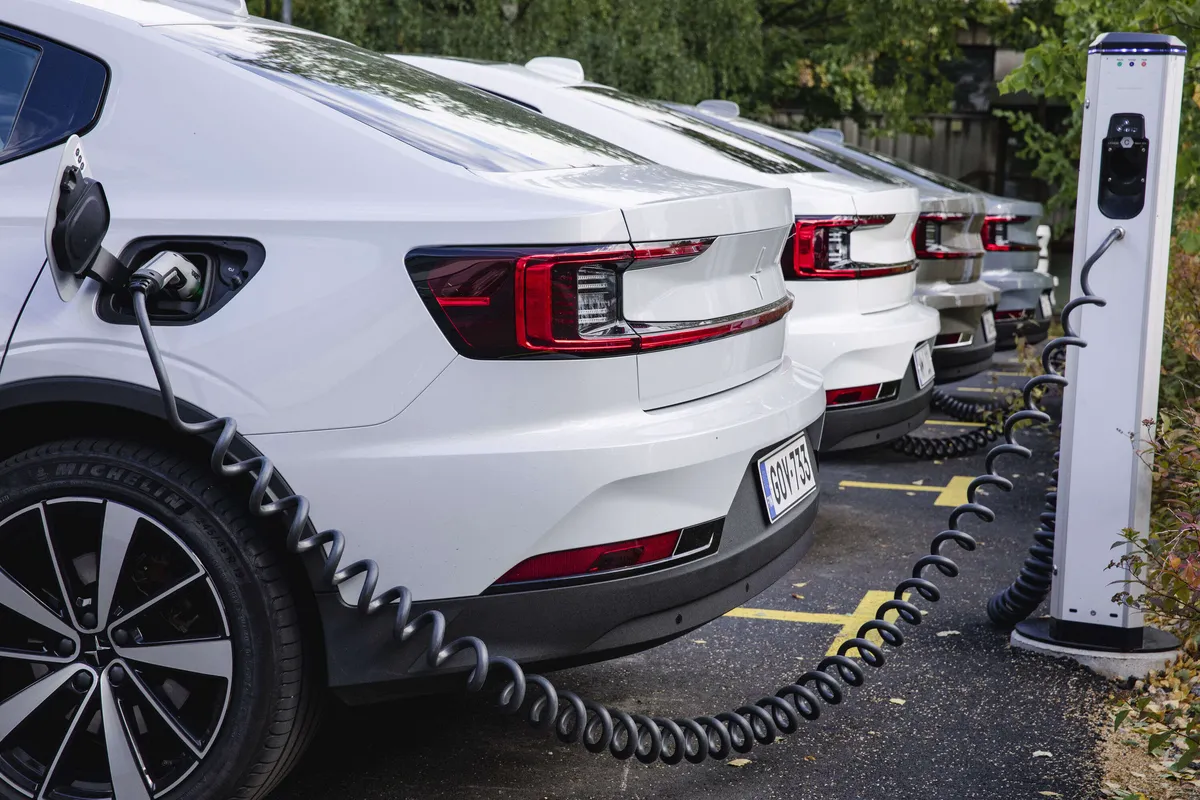MD70
Member
Tesla can cut prices as much as they want. However until they start targeted marketing on individuals who can afford the vehicles and charge at home sales will not increase to meet the production.
A lot of consumers are not aware of how much it costs, the benefits of being able to charge at home and the supercharger network.
The question is how do you reach them.
A lot of consumers are not aware of how much it costs, the benefits of being able to charge at home and the supercharger network.
The question is how do you reach them.



